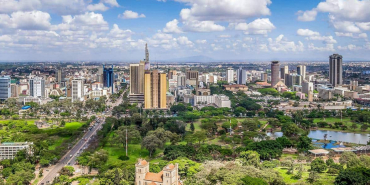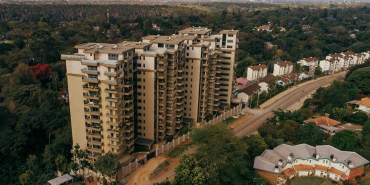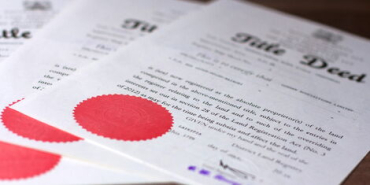Trends and Challenges in Kenya's Short-Term Rental Market

All investors who are involved in the 'Airbnb' business in Nairobi, and soon in other parts of the country, will now have to undergo a process of business registration.
Afterwards, the individuals must submit the required paperwork to the Tourism Regulatory Authority (TRA), which includes a lease agreement where the landlord explicitly permits the operation of a short-term rental business. Furthermore, their rental units and amenities will undergo safety inspections before receiving a license to operate. These fresh prerequisites were deliberated upon during a recent gathering of investors in the short-term rental industry in Nairobi, organized by the Vacation Cribs Association of Kenya (Cavak) - a voluntary umbrella organization - and Norbert Talam, the director-general of TRA.
This meeting took place shortly after Kisumu County announced that all 'Airbnbs' must be registered by the end of the month. Various counties are currently in the process of implementing comparable registration regulations. These initiatives mark the initial measures towards overseeing an industry that legal and real estate experts claim has faced challenges due to a lack of precise definition. This ambiguity has resulted in complications regarding registration, categorization, and taxation. Specialists clarify that the term 'Airbnb' utilized by Kenyans pertains to a fully furnished residential unit that goes by different names and sizes depending on its location.
Guests typically stay for short periods, usually less than 30 days but occasionally as long as two years. The general public has categorized various types of accommodations, such as flats, game lodges, retreats, eco-lodges, guest houses, rooms, holiday cottages, beach cottages, tree houses, tented camps, safari mobile camps, and homestays, all under the umbrella term of 'Airbnb'. This has posed challenges in implementing a unified registration process. One possible reason for this difficulty is the increase in short-term guest accommodation, which has been fueled by the emergence of online platforms like Airbnb and Booking.com. Divinah Ongaki from Sarange Mwaniki & Company advocates acknowledges this trend.
One of the main issues revolves around how different types of units, such as studios, one-bedroom, two-bedroom, and three-bedroom units, are grouped and referred to as 'serviced apartments'. This classification has sparked disagreement among stakeholders. To obtain a license, investors must pay an annual fee of Sh26,000, regardless of the number of units they own. Additionally, there is a registration fee of Sh1,000. Another concern is the lack of clarity regarding situations where the host is not the property owner, as they should not be liable for rental income tax. Ms. Ongaki explains that individuals who operate short-term rentals are generally required to file tax returns and pay income tax on their earnings.
The Tourism Act also states that any money made from renting out properties is subject to income tax. The tax rates vary from 10 per cent to 30 per cent for individual hosts. If a business earns more than Sh5 million a year, it must register and charge a value-added tax (VAT). Some investors believe that these requirements are not aligned properly, which makes the tax obligations seem illogical for companies and puts the growth of the industry at risk.














Comments
This administration answer…
Permalink
This administration answer to everything is always more tax, more scams.They ain't going to let you earn money unless they have a hand in your pocket!
Add new comment